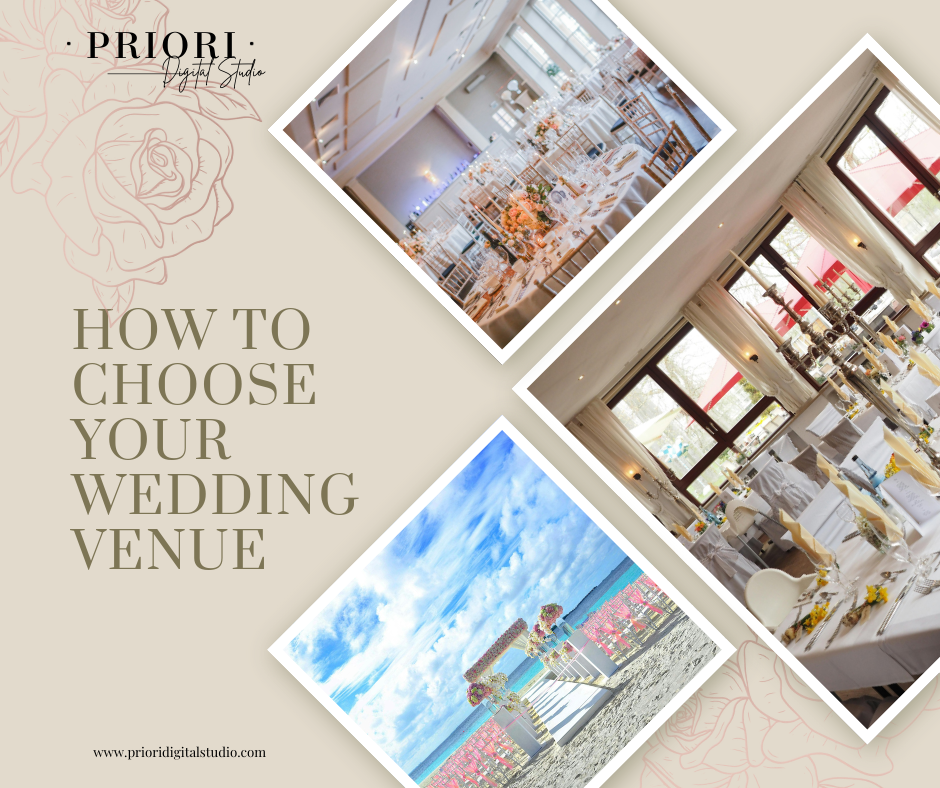Avoiding your wedding budget because it’s stressing you out? You’re not alone. One of the biggest decisions you’ll make, before flowers, menus, or playlists, is choosing your venue. This single choice impacts nearly every other detail: your budget, the atmosphere, the logistics, and even how comfortable your guests will feel.
Venues often book out 12–18 months in advance (WeddingWire), which means engaged couples are wise to start here. Whether you’ve always imagined saying “I do” beneath a rustic barn’s wooden beams, inside a glamorous downtown ballroom, or barefoot on the sand, your venue sets the tone for your day.
But here’s the challenge: with so many options, hidden costs, and fine print, picking the right venue can feel overwhelming. That’s exactly why we created this guide. You’ll learn what really matters, what to watch out for, and the exact questions to ask before you sign on the dotted line.
And if you want to make the process even easier, our Wedding Planner Spreadsheet includes a venue comparison tool and budget tracker that help you keep everything organized, so you can enjoy the planning, not stress about it.

1. Why Your Venue Matters
Think of your venue as the anchor of your entire wedding. It doesn’t just provide a backdrop for photos, it dictates the overall experience.
-
Style & Atmosphere: A vineyard communicates romance. A loft space screams modern chic. A beach offers relaxed, barefoot vibes. Your choice tells your guests what kind of celebration to expect.
-
Budget Impact: According to The Knot 2024 Real Weddings Study (The Knot), couples spend between 40–50% of their total wedding budget on the venue and catering combined. That means nearly half your money hinges on this one decision.
-
Guest Comfort: From parking availability to wheelchair access to climate control, the venue determines whether guests rave about your wedding, or remember sweating through it.
This is why treating venue selection casually can be a costly mistake. A dream location that looks perfect in photos may come with hidden service fees, strict restrictions, or logistical challenges that throw your entire plan off course.
The good news? With the right approach, you can avoid the pitfalls. By tracking quotes and line items in a spreadsheet, you’ll see the real cost of each option side by side, making it easier to balance dream and practicality.
2. Key Factors to Consider When Choosing Your Venue
a. Budget
Start here. Before you step foot in a single venue, decide what you can comfortably spend. Remember: the sticker price rarely reflects the final bill. Beyond the base rental, you’ll encounter service charges (often 18–22%), setup/cleanup fees, mandatory insurance, and possibly overtime costs if the party runs late (https://www.brides.com/create-wedding-budget-tips-8744493).
Pro Tip: Use a budgeting tool or spreadsheet to log every venue’s quote in the same format. That way you’re comparing apples to apples, not an “all-inclusive” ballroom against a bare-bones warehouse that requires $10,000 in rentals.
b. Guest List Size
Venues have capacity limits, and they’re non-negotiable. A space that fits 120 won’t magically expand for your 175 guests. Finalize a rough guest count before you tour, otherwise, you risk falling in love with a venue that simply can’t accommodate your people.
Think also about comfort: a maxed-out venue can feel cramped, while a half-empty ballroom may feel cavernous. Striking the balance ensures a warm but breathable atmosphere (Martha Stewart Weddings).
c. Location & Accessibility
Where your venue is located determines convenience for everyone involved. Is it close to where most guests live? Are there hotels nearby? Will guests need shuttles or rideshares?
Destination weddings are magical but demand extra planning: flight availability, local vendor reliability, and travel costs can affect attendance (Travel + Leisure).
Accessibility also matters, check for ramps, elevators, and bathrooms that work for every age group. Your loved ones will thank you.
d. Style & Ambiance
This is the fun part: envisioning the “look” of your day. Indoor vs. outdoor. Rustic vs. glam. Traditional vs. modern. The venue sets the canvas.
Also consider décor flexibility. Some spaces are turnkey and stunning as-is; others require extensive decorating to shine. If you’re budget-conscious, pick a naturally beautiful setting so you’re not spending thousands transforming it (https://www.brides.com/story/questions-to-ask-your-wedding-venue-before-booking).
e. Services & Amenities
Venues vary wildly in what they include. Some provide catering, furniture, AV systems, and staff. Others hand you the keys and say “good luck.”
Ask: Are tables, chairs, and linens included? Is there a bridal suite for getting ready? What’s the rain backup plan for outdoor sites?
These details affect cost and convenience. Bundled services may save you money, or limit your vendor flexibility.
f. Restrictions & Policies
Every venue comes with rules. Some prohibit outside alcohol. Others impose curfews or sound restrictions. Certain historical venues ban open flames or confetti.
Don’t assume, ask. Clarify policies on décor, vendors, timing, and cleanup. Review the contract line by line before signing (FindLaw).
Being proactive here avoids heartbreak (and surprise costs) later.
3. Touring & Comparing Venues
Once you’ve narrowed your list, it’s time to tour. Book appointments well in advance, especially if you’re eyeing peak wedding season (May–October).
Bring a checklist so you don’t forget important details. Look at:
-
Lighting (natural and artificial)
-
Flow of space between ceremony, cocktail hour, and reception
-
Bathrooms and parking availability
-
Rain backup plans
-
Noise level and acoustics
Take photos and videos, you’ll be surprised how quickly venues blur together. After three or four tours, you won’t remember which ballroom had the larger dance floor.
Then, compare side by side. This is where tools like our Wedding Planner Spreadsheet shine. Its venue comparison tab lets you log square footage, capacity, cost, amenities, and restrictions all in one place. With side-by-side columns, you’ll see which option gives you the most value, not just the best photos.
For additional checklists, see The Knot’s Venue Questions Guide.
4. Questions to Ask Before Booking
Never book a venue without answers to these essentials:
-
Availability: Are your preferred dates open? Some venues are booked two years out.
-
Inclusions: What’s actually covered in the rental fee, tables, chairs, staff, décor?
-
Deposit & Payments: How much is required upfront, and when are balances due?
-
Cancellation Policies: What happens if you need to reschedule due to illness, weather, or unforeseen events?
-
Insurance Requirements: Are you responsible for liability insurance or damage deposits?
These questions aren’t just paperwork, they’re your safeguard against financial surprises. For a full checklist, explore WeddingWire’s Venue Booking Guide.
5. Common Mistakes to Avoid
-
Booking without a guest list: Leads to size mismatches.
-
Ignoring backup plans: Outdoor venues are risky without tents or indoor alternatives.
-
Skipping fine print: Service charges, overtime fees, and vendor restrictions can derail budgets.
-
Falling in love with aesthetics only: A dreamy barn won’t feel dreamy if guests wait 45 minutes for bathrooms.
Avoid these traps, and you’ll save yourself major stress.
6. How Your Wedding Planner Spreadsheet Helps
With so many moving parts, it’s easy to feel overwhelmed. That’s why our Wedding Planner Spreadsheet is built specifically for couples like you.
-
Venue Comparison Tab: Organize amenities, restrictions, and costs side by side.
-
Budget Allocation Tracker: See how a venue’s cost fits into your overall wedding budget.
-
Vendor Contact Organization: Store contracts, emails, and phone numbers in one place.
-
Decision-Making Clarity: Instead of guessing, you’ll have hard data guiding your choice.
Think of it as your personal assistant, keeping numbers neat, decisions logical, and stress levels low.
7. Conclusion
At the end of the day, your wedding venue is more than just a location. It’s the foundation on which your memories will be built. The right choice balances budget, beauty, and practicality.
By considering guest list, accessibility, services, and fine print, you’ll avoid costly missteps. Use tools like spreadsheets to keep comparisons clear and costs visible.
Remember: choosing your venue doesn’t have to be overwhelming. With a structured approach and the right planning tools, you’ll find the perfect setting for your celebration, and enjoy the process along the way.
✨ Download our Wedding Planner Spreadsheet today and take the stress out of wedding planning.
Additional Resources
For further reading and expert insights, check out these trusted guides:
-
The Knot – How to Choose a Wedding Venue
-
WeddingWire – Wedding Venue Questions Checklist
-
Brides.com – Wedding Venue Planning Tips
-
Martha Stewart Weddings – Venue Selection Advice
-
FindLaw – Understanding Wedding Contracts



Share:
The Stress-Free Wedding Budget Spreadsheet (How to Stay on Track)
Wedding Guest List: Track RSVPs, Meals & Seating